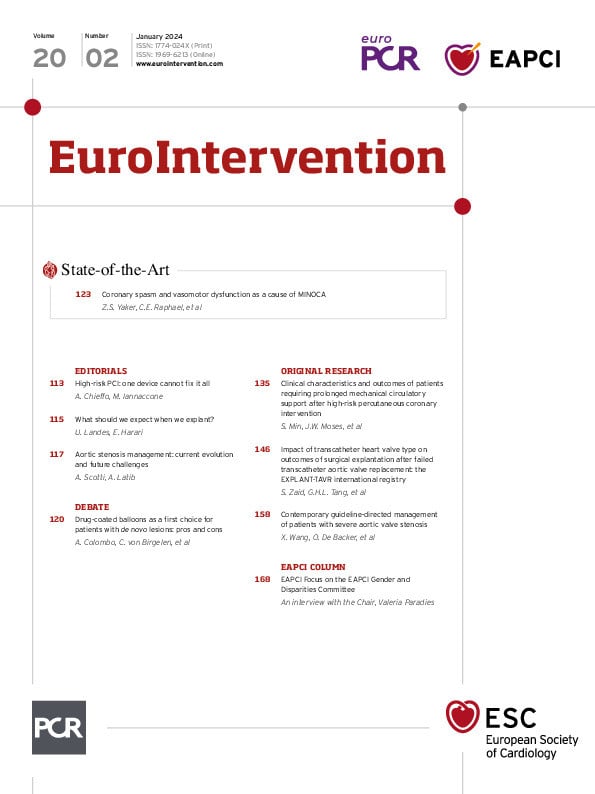What is the role of the committee?
Along with my co-chair, Dr Jolanta Siller Matula, and our committee members, our goal is to identify and tackle disparities across the spectrum of interventional cardiology. We aim to support interventional cardiologists both in training and in practice by identifying barriers and disparities in access to training and continuous professional development opportunities throughout the career of an interventional cardiologist. From the patient perspective we aim to tackle disparities in access to interventional cardiology care in the population as a whole.
How does your committee benefit the interventional cardiologist?
Two key projects that our committee are working on throughout our term are a survey on gender disparities in training and an online coaching programme for interventional cardiologists returning to work after a period of sick leave or maternity leave. The 12-month EAPCI online coaching programme is designed to offer practical, research, and personal development guidance to help participants successfully reintegrate into their clinical roles after a period of absence due to sick leave or maternity.
What are the aims of the EAPCI Online Coaching Programme & how is it structured?
The aims of the programme are to:
- Provide one-to-one remote coaching to meet the unique needs of interventional cardiologists returning to work.
- Offer guidance and support.
- Ensure equal opportunities for education and career development in interventional cardiology post-absence.
- Encourage and support female candidates in pursuing careers in interventional cardiology after maternity leave.
- Raise awareness within the EAPCI community regarding the challenges faced by returning interventional cardiologists.
The programme is structured as follows:
- A 12-month online coaching programme with mentor-mentee pairings.
- Collaborative development of research, education, or quality improvement projects.
- Monthly online meetings to discuss professional achievements, challenges, and project updates.
- Mentor-mentee communication via email as needed.
- Optional remote proctoring on selected procedural cases based on mutual availability.
Who should consider applying for the EAPCI Online Coaching Programme?
The programme is open to interventional cardiologists who are EAPCI members and are either returning from sickness or maternity leave or planning to return shortly after the programme begins. Candidates will be able to apply until March 2024, and the results with be announced during EuroPCR in May 2024. The membership programme will run from May 2024 to May 2025.
How does your committee benefit the population as a whole?
A key aim of our committee during this term is to map disparities in access to both structural intervention for aortic stenosis and with respect to the interventional practices in the treatment of ACS in EAPCI member countries. With this information we will be able to propose strategies to reduce these disparities moving forward.
How can EAPCI members become involved in the work of the EAPCI Gender and Disparities Committee?
We are waiting for your feedback and hope you engage with our upcoming survey on the disparities in access to interventional cardiology training. We look forward to engaging with national working groups to map disparities with respect to interventional practices in the treatment of ACS. We would encourage everyone to become an EAPCI member and express your interest in working with us moving forward.

